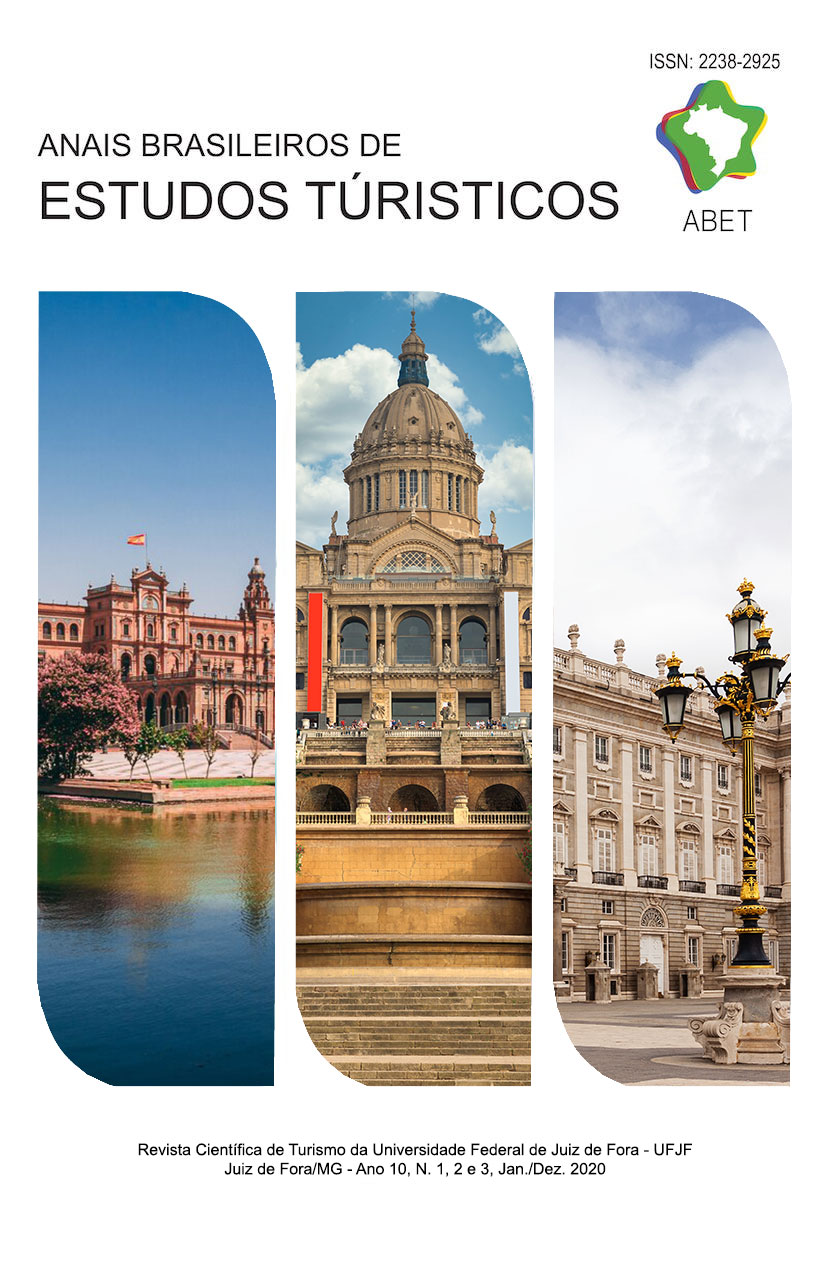THE E-ECONOMY AND ITS PLATFORM-ENTERPRISES: MODUS OPERANDI AND PRECARIOUSNESS ON THE LABOUR MARKET IN THE TOURISM SECTOR
DOI:
https://doi.org/10.34019/2238-2925.2020.v10.30151Abstract
The digital economy covers ever larger dimensions of everyday life and sectors of the economy. In this context, this theoretical paper aims to discuss the different digital platforms created by this new sector of the economy and analyses what most of them have in common – the generation of added value based on the production of data by the users – but also what differentiates them. In this case, we will analyze intermediation platforms as well as the so called share economy and gig economy, with emphasis on the “work on demand” platform-enterprises in the third group. In a second time we will focus on the tourist industry where we’ll identify some of the new technologies and digital platforms created and incorporated in the industry and their impact on the labour market. For this purpose, we will use data and information provided by institutions such as ETUI, Eurofond, OIT, WTTC, World Bank, LAMFO/UnB, IPEA and IBGE as well as the terms and conditions of some platforms. The initial hypothesis was that the labour market in the tourist industry would be impacted only due to the entry of the gig economy platform companies into the hotel segment, such as Brigad. However, the survey revealed that the situation is much more serious. On the one hand, among the platforms of the gig economy, in addition to the hotel platforms, also the delivery platforms (iFood, Uber Eats, Rappi) and transportation (Uber and 99) are contributing to the precariousness of jobs in the sector. On the other hand, those in the share economy, such as Airbnb, as well as those in intermediation (including Decolar and Trivago) are also having a negative impact on the labor market, both in terms of the number of jobs destroyed such as lack of quality of those few who are created. Thus, we can say that the entry of these platforms in the sector is generating a wave of job insecurity in a job market already marked by precarious conditions.
Downloads
Downloads
Published
How to Cite
Issue
Section
License
This journal provides immediate open access to its content, following the principle that providing free scientific knowledge to the public provides greater democratization of world knowledge.
Authors must agree to the following terms relating to copyrights:
(a) Authors keep all copyright and grant the to the journal the right of first publication, with the work simultaneously licensed under the Creative Commons Attribution License that allowing job sharing with recognition of authorship of the work and initial publication in this journal.
(b) Authors are allowed to assume additional contracts separately, for non-exclusive distribution of the version of the work published in this journal (e.g. publish in institutional repository or book chapter), with recognition of authorship and initial publication in this magazine.
(c) Authors are allowed and are encouraged to publish and distribute their work online (e.g. in institutional repositories or on your personal page) since they do not do this before or during the editorial process, as this can generate productive interchange, as well as increase the impact and citation of work aired. (See Effect of Free Access).















